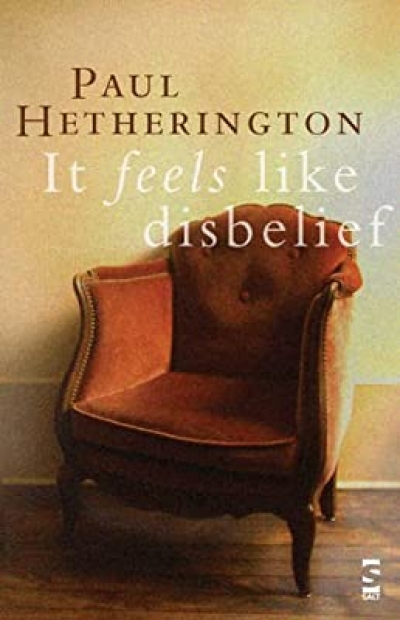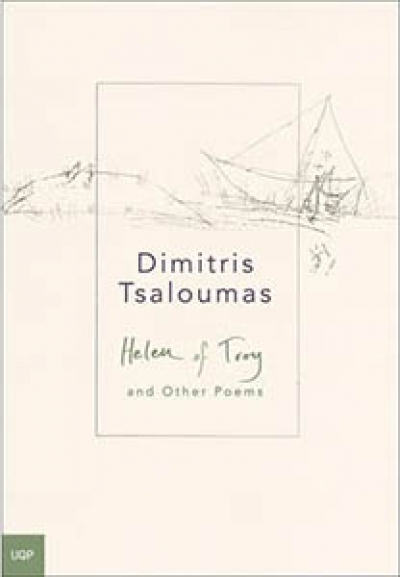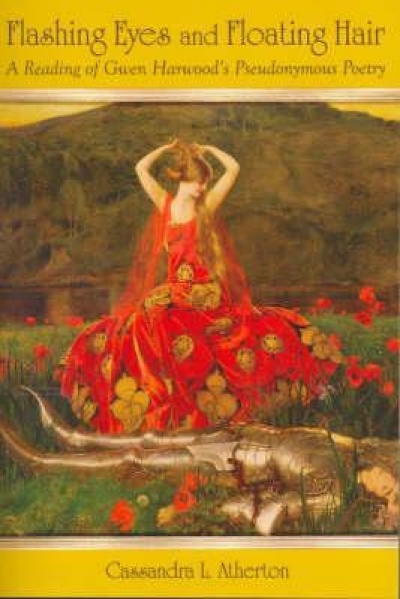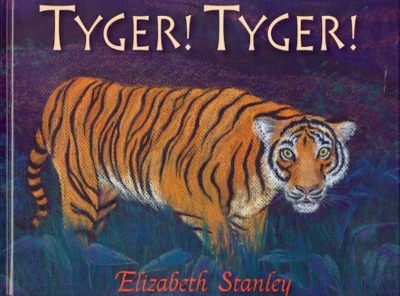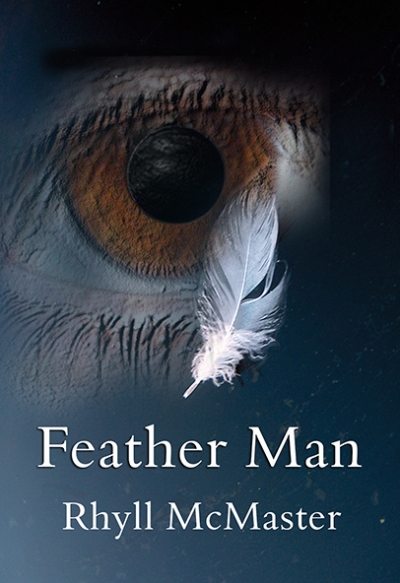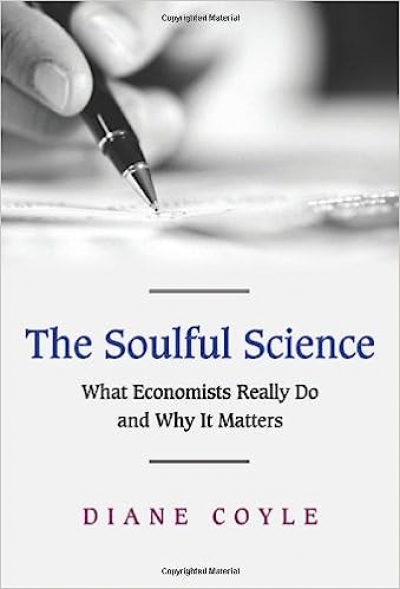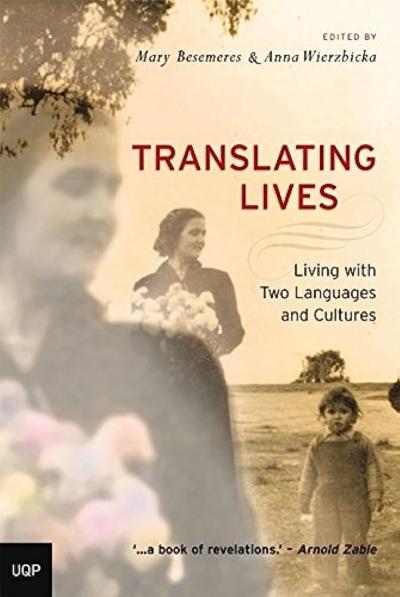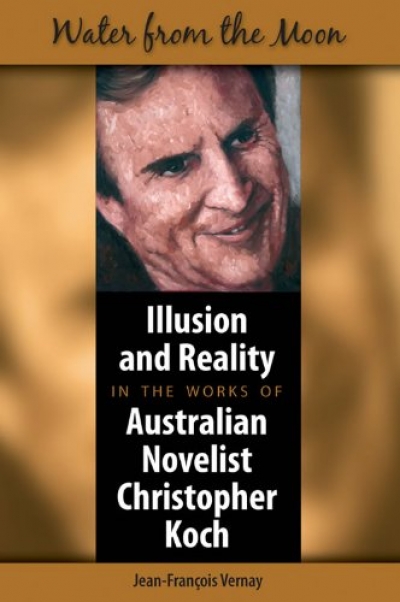Archive
We have speculated in the past about literature’s relative slowness to foster the sort of cultural philanthropy that is a mainstay of art galleries, libraries, museums, symphony orchestras and theatre companies. Why this has been the case may be of interest to literary historians, but meanwhile ABR is keen to get on with the task of generating private support for the cause of good writing, independent critique and a lively intellectual climate.
... (read more)Flashing Eyes and Floating Hair: A reading of Gwen Harwood’s pseudonymous poetry by Cassandra L. Atherton
by Jennifer Strauss •
The Soulful Science: What economists really do and why it matters by Diane Coyle
by Peter McLennan •
Translating Lives: Living with two languages and cultures edited by Mary Besemeres and Anna Wierzbicka
by Gillian Dooley •

